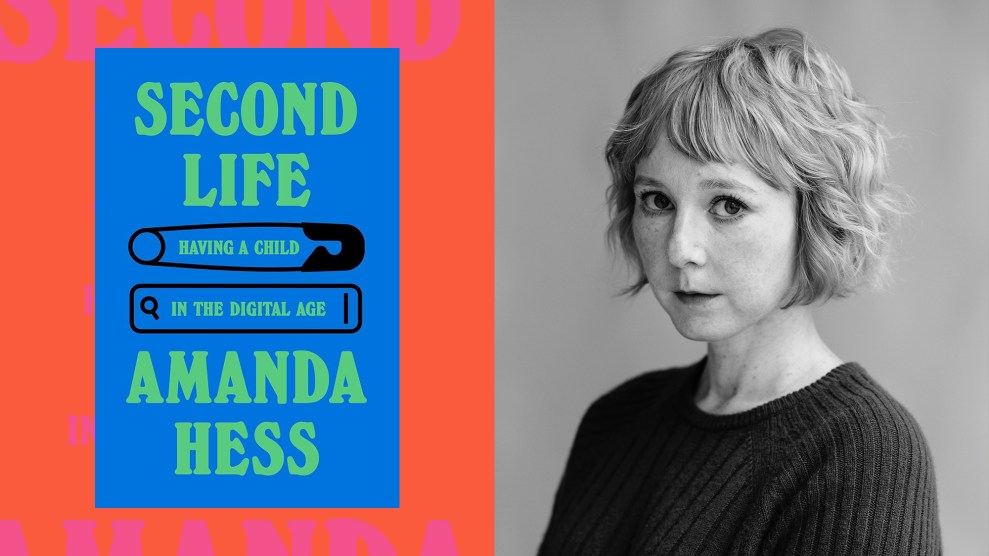Self-taught activist Linda Stout doesn’t cast herself as a modern-day working-class heroine in Bridging the Class Divide: And Other Lessons for Grassroots Organizing (Boston: Beacon Press, 1997), but she emerges as one anyway. Stout tells how she went from being the daughter of a poor tenant farmer to becoming the founder of North Carolina’s Piedmont Peace Project, a diverse grassroots social justice organization made up mostly of poor people. Her life and work provide a model for her argument that social change movements, traditionally headed by middle-class leaders, need the language and energy of working-class people to succeed.
“Making Peace” (St. Paul, Minn.: Independent Television Service), a four-part documentary airing on PBS in early February, profiles regular people pressed into action by the effects of violence on their lives. Clementine Barfield took her grief over her son’s murder and channeled it into founding a national support group, Save Our Sons and Daughters. After successfully prosecuting her abusive husband, Pam Butler now helps other women find ways out of domestic violence. Check your local PBS listings for airdates.
 With clarity and wit, David Quammen prowls the globe in The Song of the Dodo: Island Biogeography in an Age of Extinctions (New York: Scribner, 1996). In the Komodo dragon and the lemurs of Madagascar, he witnesses the way biologists struggle to avert these doomed species’ almost certain extinction; in the ghosts of the Tasmanian wolf and the dodo, he offers us a look at doom itself. Quammen explains how island species, cut off from the larger ecosystem, are easily driven to extinctionÑand shows how human beings, having hacked the world into “islands” of wilderness in a sea of farmland and pavement, have triggered mass disappearances.
With clarity and wit, David Quammen prowls the globe in The Song of the Dodo: Island Biogeography in an Age of Extinctions (New York: Scribner, 1996). In the Komodo dragon and the lemurs of Madagascar, he witnesses the way biologists struggle to avert these doomed species’ almost certain extinction; in the ghosts of the Tasmanian wolf and the dodo, he offers us a look at doom itself. Quammen explains how island species, cut off from the larger ecosystem, are easily driven to extinctionÑand shows how human beings, having hacked the world into “islands” of wilderness in a sea of farmland and pavement, have triggered mass disappearances.
“You can’t have development without somebody getting hurt,” says a former World Bank executive in Catherine Caufield’s Masters of Illusion: The World Bank and the Poverty of Nations (New York: Henry Holt, 1997). But the history of the bank’s development aid offers shockingly little of the former, and plenty of the latter. A morbid fascination develops as Caufield describes how the brightest economic thinkers of the day came up with plans to help the world’s poorest countries — only to plunge them further into poverty. Rich reporting from the sites of some of the World Bank’s most outlandish projects, along with an accessible economic analysis, makes for a compelling and important read.
















